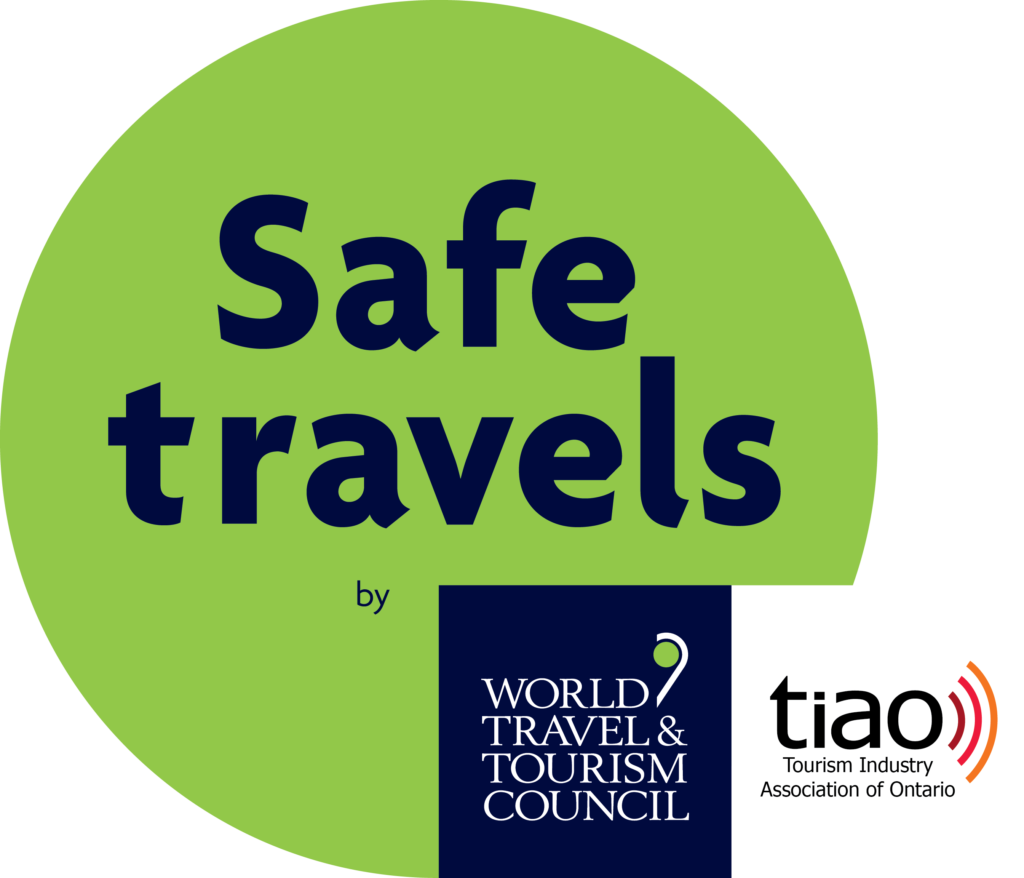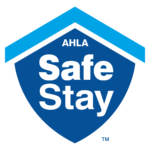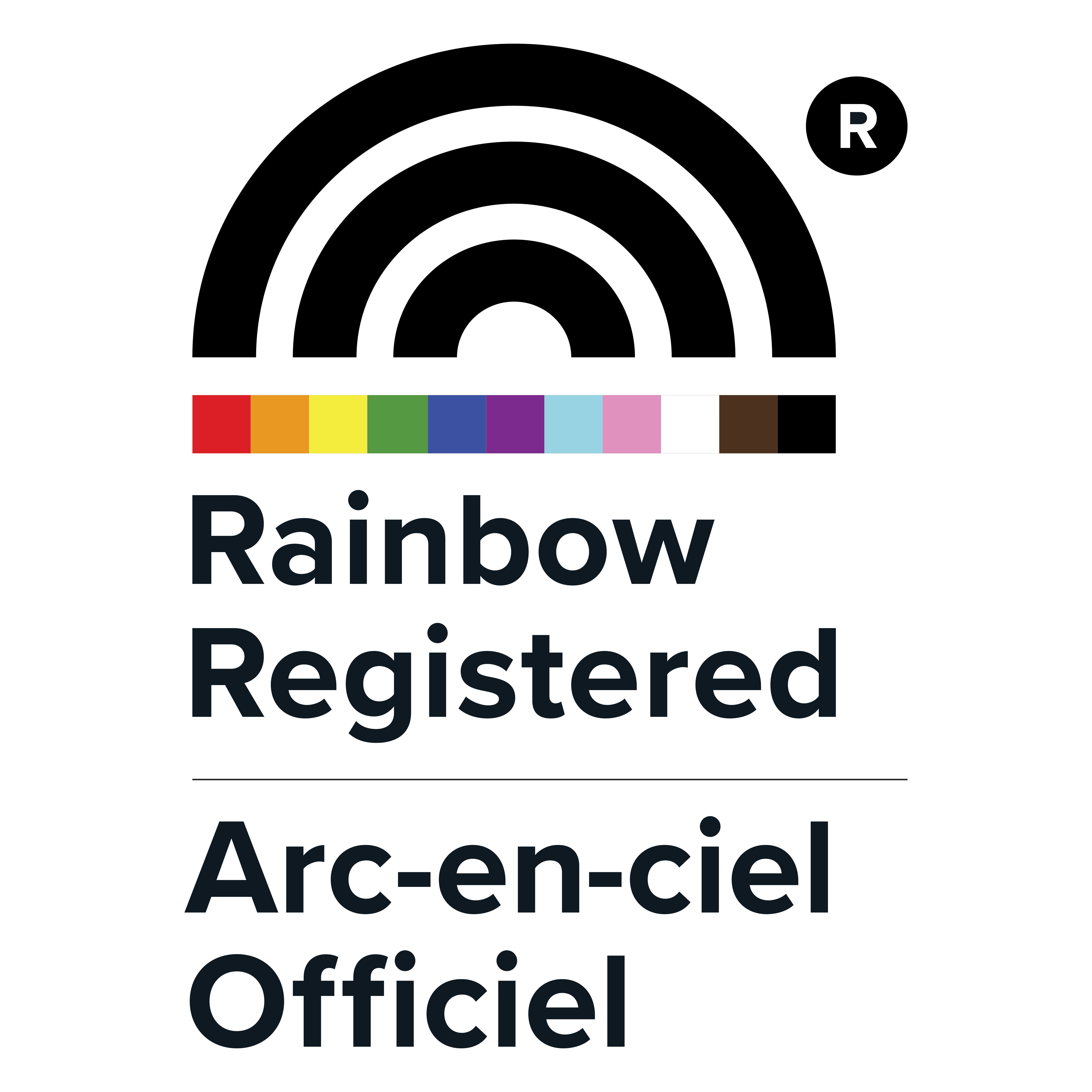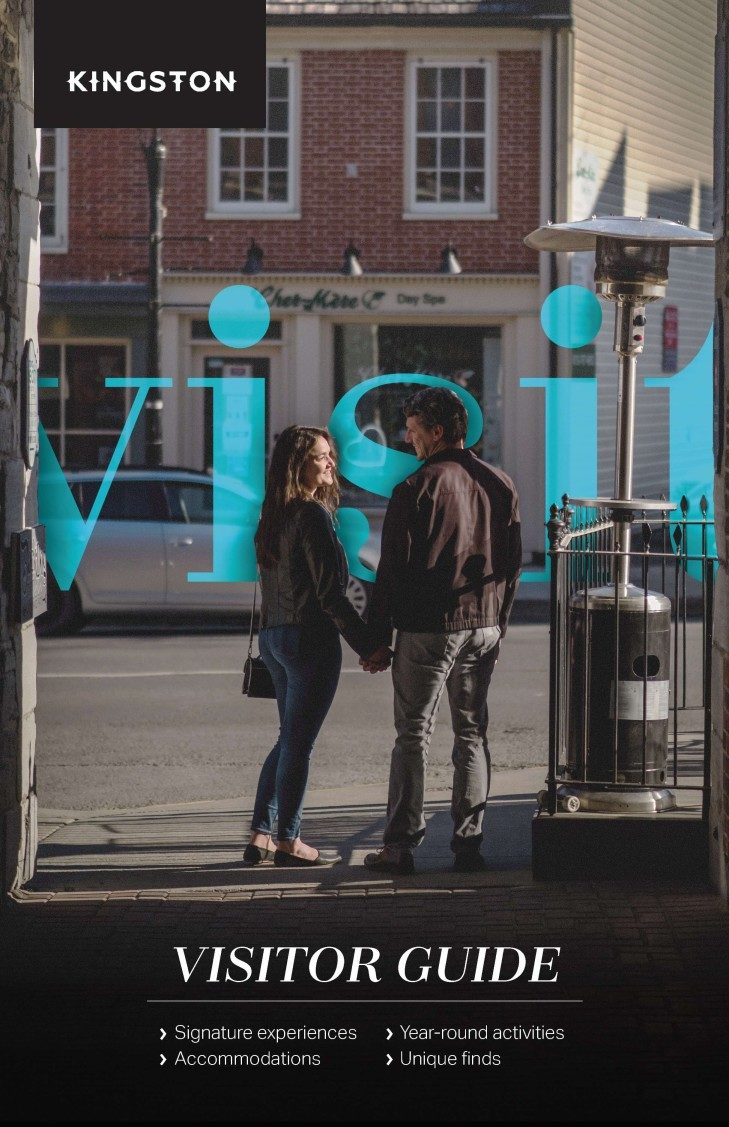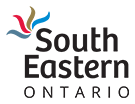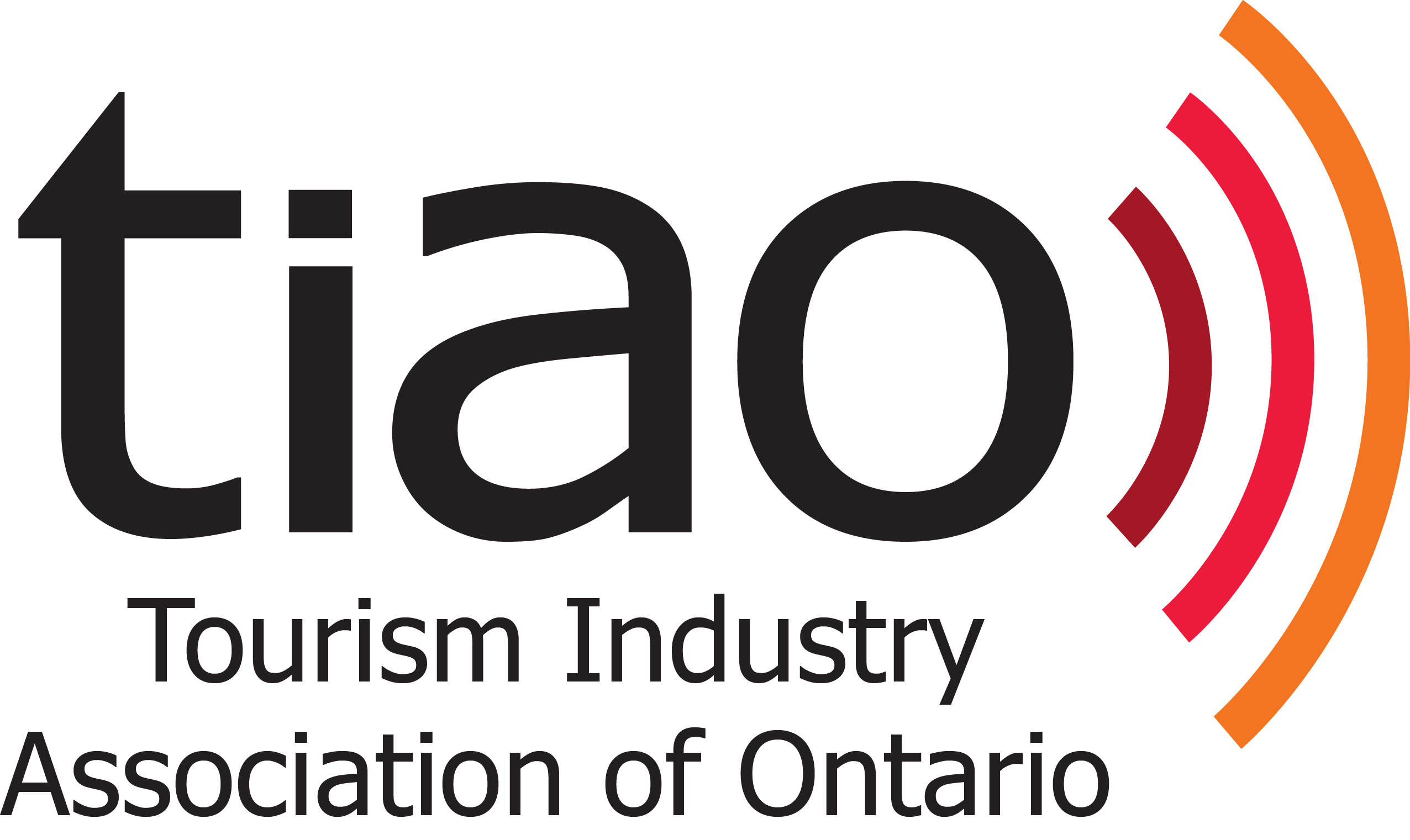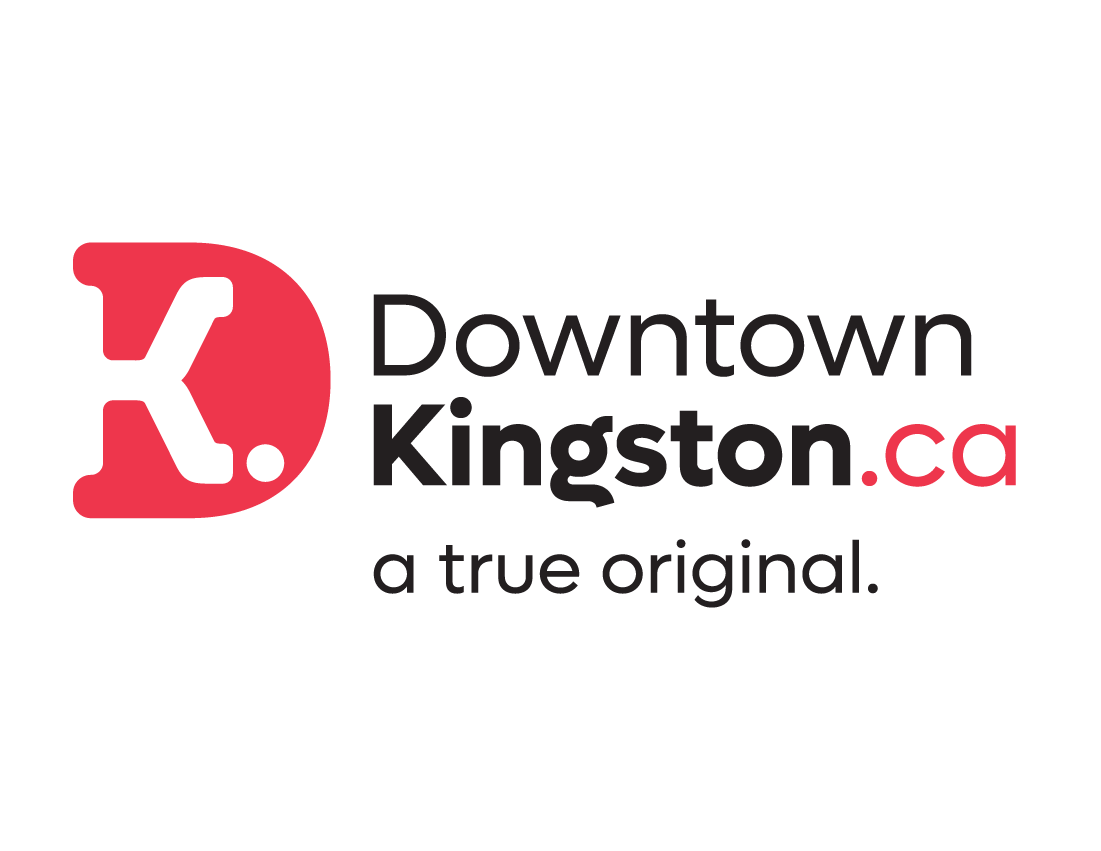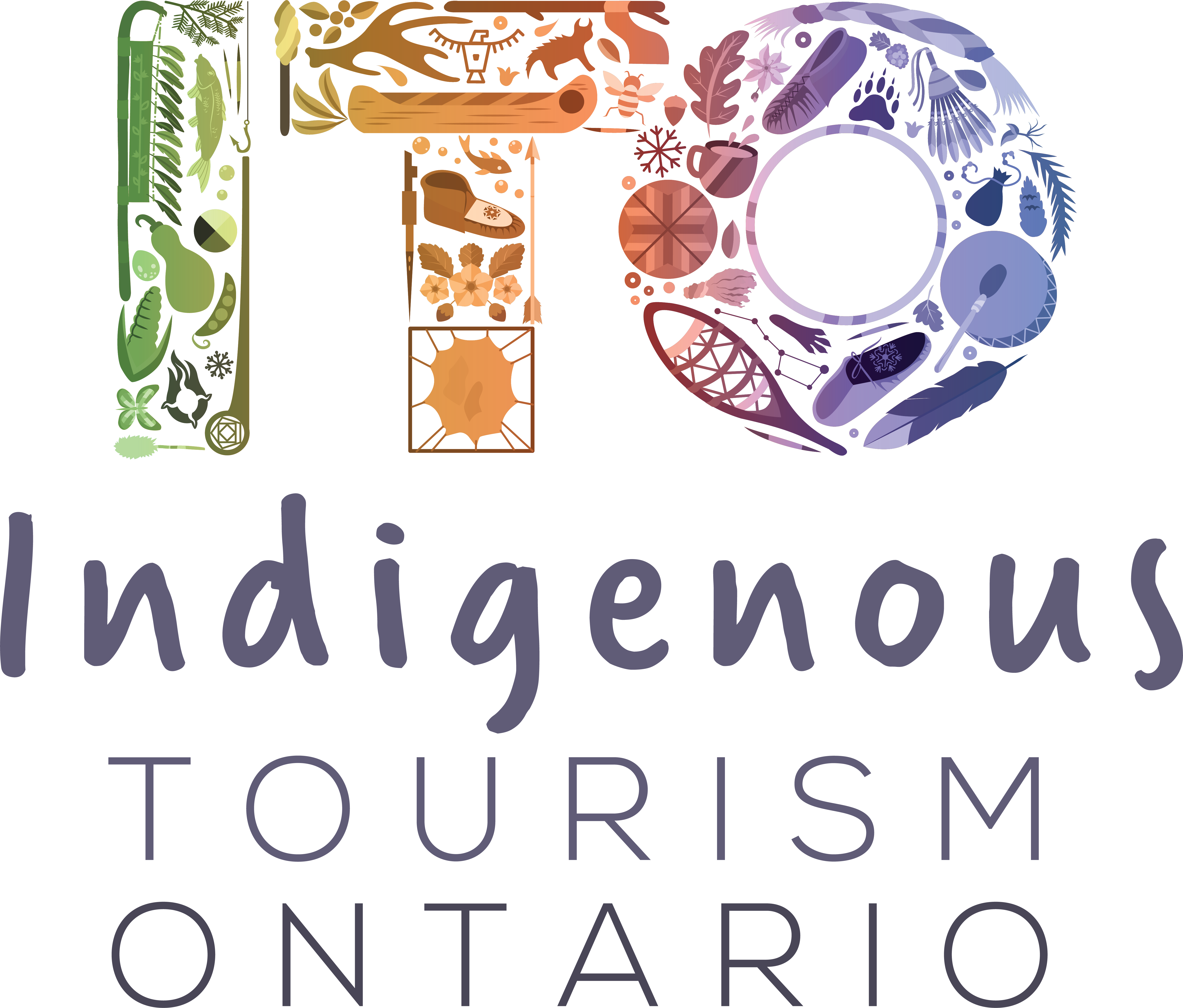Updated October 17, 2022
Looking for business information? Please visit our COVID-19 Partner Information page.
Information for the Public
Information about the status of cases and Kingston’s overall community status is available from KFL&A Public Health.
: Federal Travel Health Measures Ended
For all travellers entering Canada by air, land or marine mode on or after October 1, 2022:
- Proof of COVID-19 vaccination is not required
- COVID-19 pre-entry and arrival tests are not required
- Quarantine after you enter Canada is not required
- Using ArriveCAN is not required
- if you’re flying into Toronto Pearson, Vancouver or Montréal-Trudeau international airports, you can still use ArriveCAN to complete your Advance CBSA Declaration to save time upon arrival
- Pre-boarding tests for cruise passengers are not required
- As always, travel documents are required
- Health checks to board planes and trains are not required
- Wearing masks on planes and trains is not required (It’s still strongly recommended that you wear a high quality and well-fitted mask or respirator while you travel)
If you have symptoms of COVID-19, you shouldn’t travel to Canada.
Learn more about arrival requirements
Public Health Measures
September 2022
There is still the possibility of a future resurgence in cases this fall or of a new variant of concern. For this reason, it is important for individuals to
- Remain up to date with the recommended vaccinations, including booster doses when eligible.
- Keep up with personal protective habits (e.g., handwashing), wearing high quality and well-fitted masks in poorly ventilated and crowded places.
- Stay home if they have symptoms.
These protective health measures help to reduce the risk of becoming sick and spreading illness to others.
For more information, please visit the province’s website.
Ontario Staycation Tax Credit: FAQ
Quick link: Ontario Staycation Tax Credit
Q: Would transient boating count as an eligible accommodation? Would houseboat accommodation where you sleep onboard and live onboard for the duration of your holiday count as an accommodation expense?
A: No. Transient mooring fees may not be an eligible expense and short-term accommodation would generally not include a timeshare agreement, a stay on a boat, houseboat, train or other vehicle that can be self-propelled.
Q: How will receipts need to be itemized?
A: To claim the credit, individuals need to keep detailed receipts of their Ontario leisure accommodations. Those receipts should include information such as the location of the accommodation, the GST/HST paid, the amount paid for the accommodation portion of a stay, the date of the stay, and the name of the payor.
Q: Will the tax credit be available for travel package bookings made through tour operators? Would the tour operator need to separate out the hotel fees on an invoice to make the expense eligible?
A: See above. For greater clarity, the receipt must include the amount that can be reasonably considered to be the accommodation portion of a stay.
Q: Is there a cut-off point for the Staycation Tax Credit? Will the money run out?
A: No, the funding for this credit would not run out. All eligible individuals would be able to claim the credit on their Personal Income Tax returns for 2022 if all conditions are met.
Q: Is there a restriction on how eligible accommodations should be booked? I.e., directly with the accommodation or via an online platform?
A: An accommodation booked through an online platform operator or directly with the accommodation provider may be an eligible expense if it is subject to GST/HST and all other conditions for eligibility are met.
Q: For cottages, would visitors need to go through a booking platform?
A: A cottage may be an eligible expense, whether it is booked through an online platform operator or directly with the accommodation provider, if the accommodation is subject to GST/HST and all other conditions for eligibility are met.

